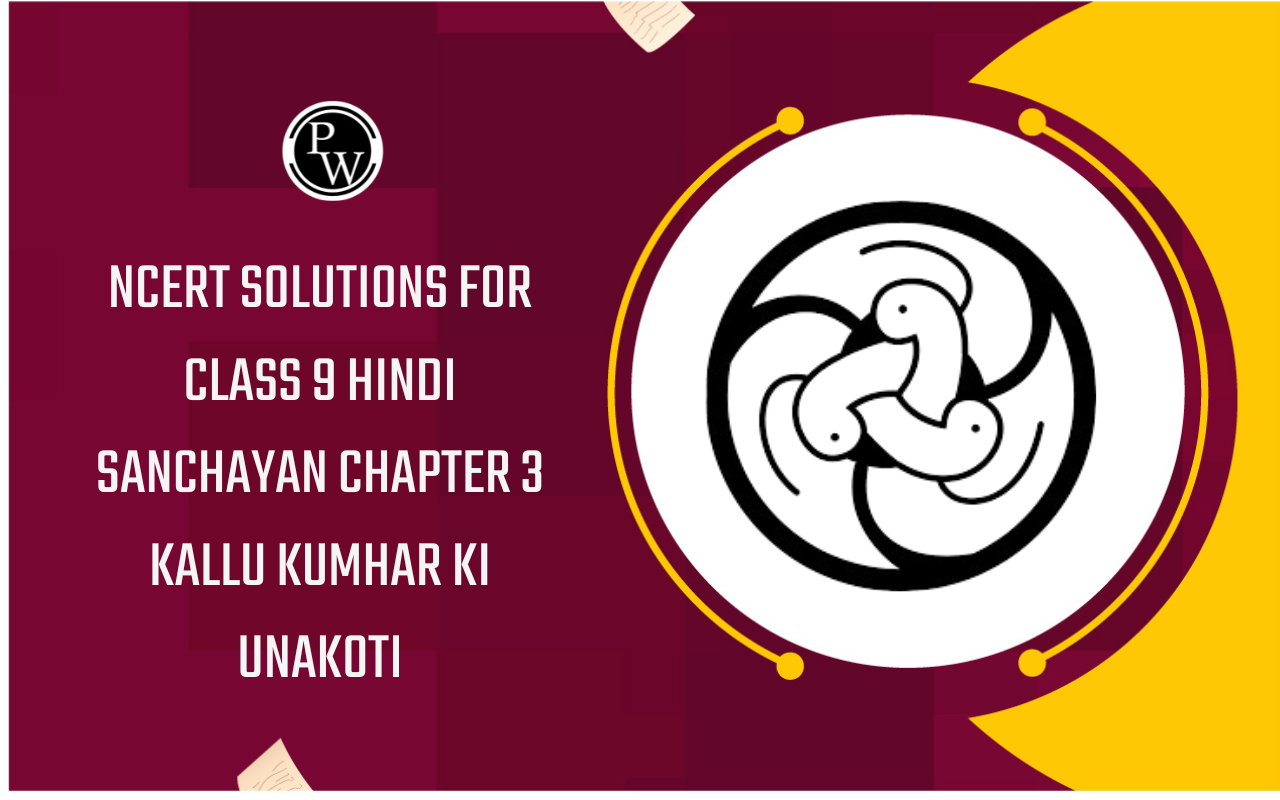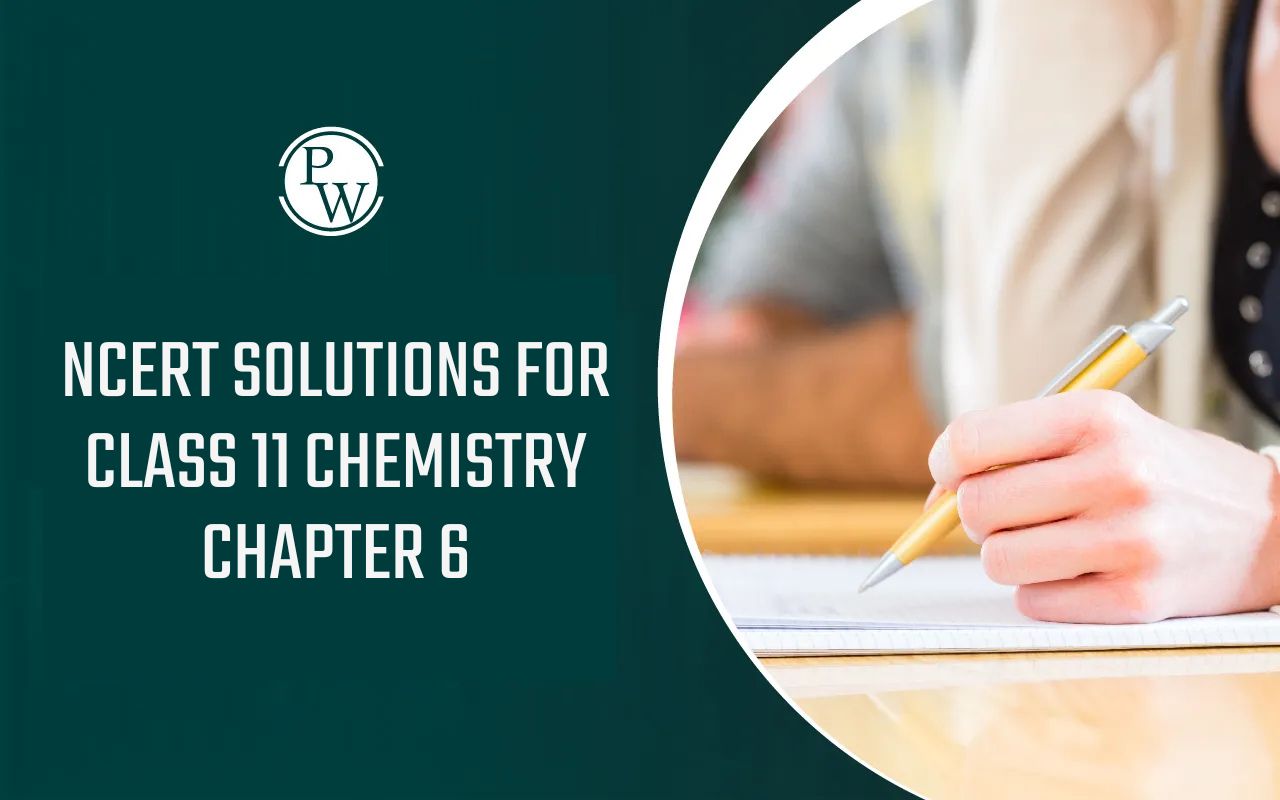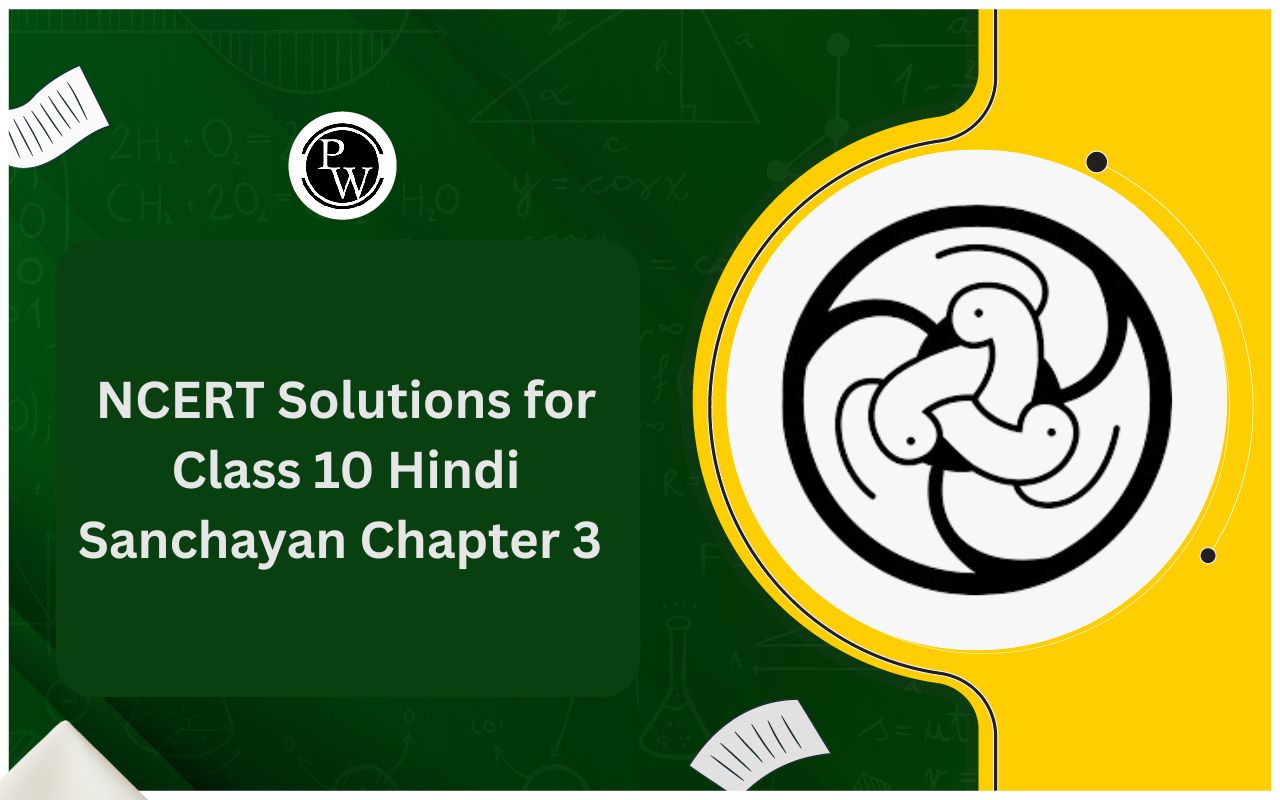
What are the chemical properties of water?
Aug 26, 2022, 16:45 IST
Chemical properties of water:
i) Reaction with metals: Metals of group IA & IIA decompose water to liberate H 2 along with evolution of energy (Exothermic reaction). Hot metals like Zn, Mg, Fe etc, decompose water to liberate H 2 . Pb and Cu decompose water only on heating. Ag, Au, Hg & Pt metals donot decompose water.
ii) Reaction with Non-metals: Fluorine decomposes cold water forming ozonized oxygen. Chlorine decomposes cold water forming HCl & HClO, However, in presence of sunlight HCl and O 2 is formed. Red hot coke on reaction with steam produce water gas.
iii) Reaction with non metal oxide: Acidic oxides combine with water to form oxo-acid like carbonic acid, sulphurous acid, sulphuric acid, orthophosphoric acid, nitric acid, perchloric acid etc.,
iv) Reaction with Metal oxides: Basic oxides combine with water to form alkalies.
For More Chemistry Doubts visit main page of Physics wallah.
v) Reaction with hydrides, carbides, nitrides & phosphides: Water decomposes these compounds with liberation of hydrogen, acetylene, ammonia, phosphine respectively.
vi) Hydrolysis: Salt of strong bases with weak acids, weak bases with strong acids and weak bases with weak acids undergo hydrolysis in water. Some slats like BiCl 3 , SbCl 3 on hydrolysis form oxy compounds. Halides of non-metals like PCl 3 , PCl 5 , SiCl 4 etc are decomposed by water.
vii) Water of crystallization: It forms hydrates like CuSO 4 . 5H 2 O, MgSO 4 . 7H 2 O, FeSO 4 .7H 2 O, BaCl 2 . 2H 2 O etc., on combination with water during crystallization. The water present in the hydrates is called water of crystallization. These are of 3 – types (i) cationic (ii) Anion (iii) Lattice.
viii) Water as catalyst: Perfectly dry gases generally do not react but ammonia & HCl gas combine only in presence of moisture.
What are the chemical properties of water? find pdf









